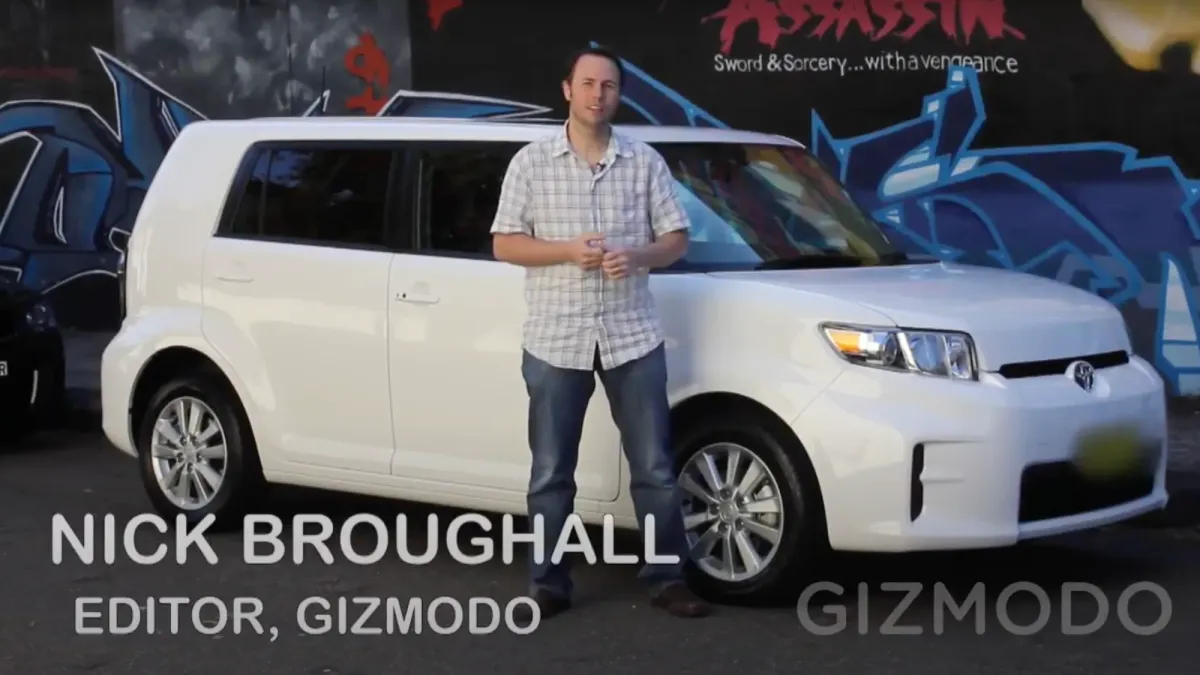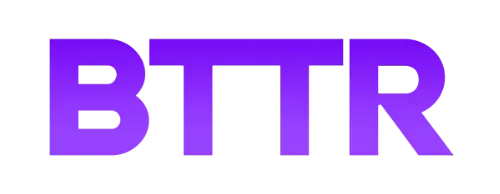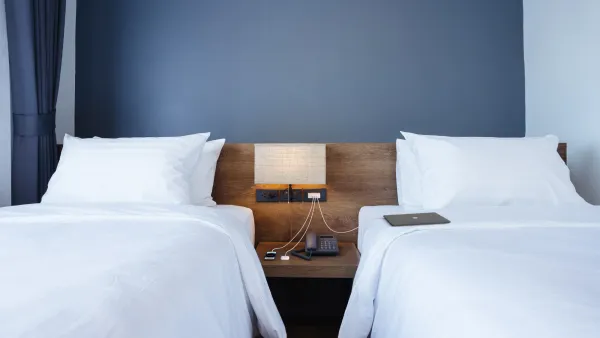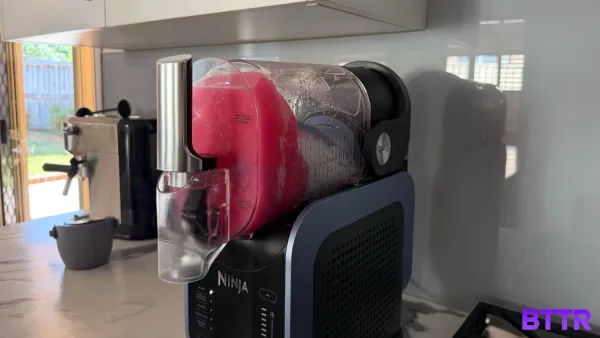Tech moves fast, but losing Gizmodo Australia has been slow and painful
Losing Gizmodo Australia’s archive isn’t just about deleted articles; it’s about erasing a piece of my life and a moment in tech history.

When news first broke in July that Pedestrian wouldn’t be renewing the license for Gizmodo, Kotaku, or Lifehacker, my instinct was to head straight to Giz and salvage some of my most memorable work before the site disappeared forever.
It wasn’t easy. Much of my writing had been reassigned to the generic “Gizmodo Australia” byline, likely when Pedestrian took over, and digging through the archives felt like trying to download a 4K movie on a dialup connection.
But the bigger issue was me: I worked at Gizmodo between 2008 and 2011, with sporadic contributions until 2012. That was over a decade ago. I can barely remember what I wrote last week.




